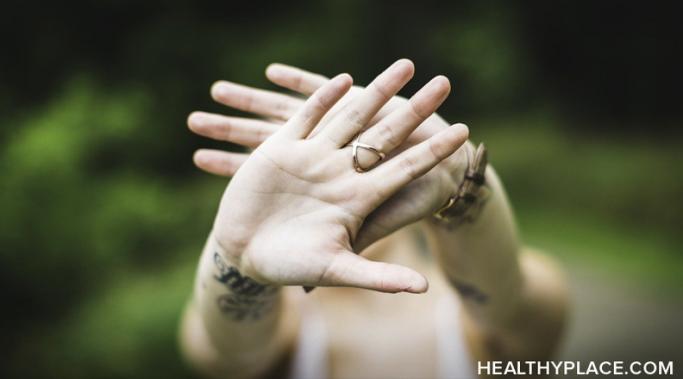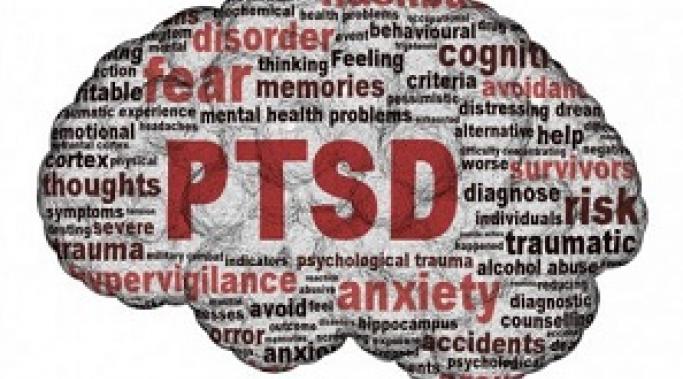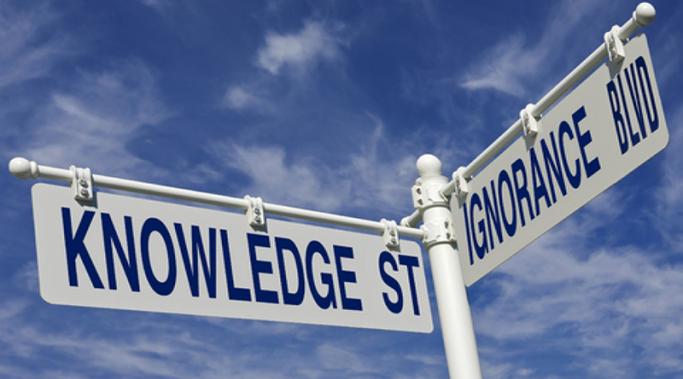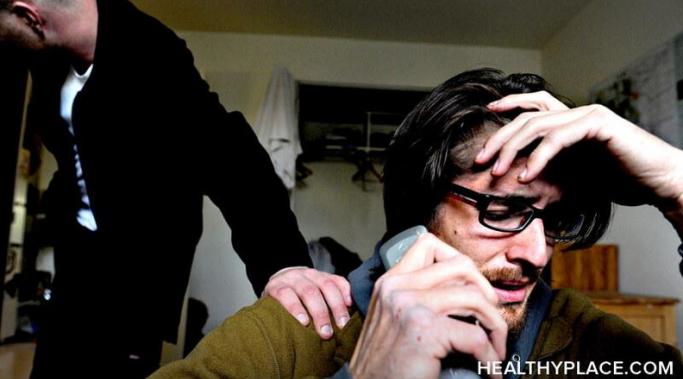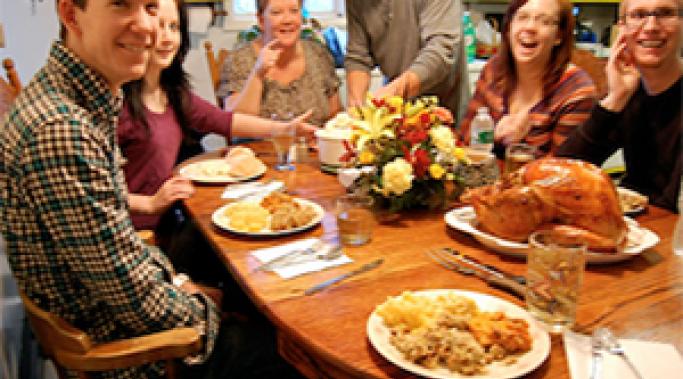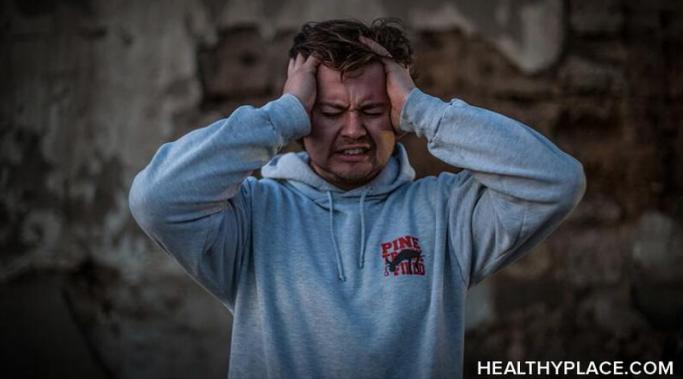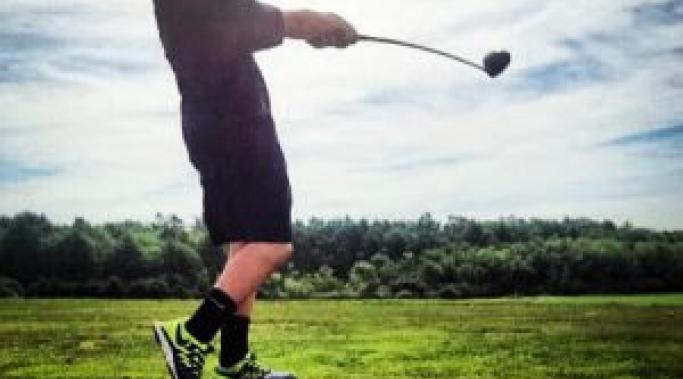Coping with feeling overwhelmed while in recovery from posttraumatic stress disorder (PTSD) can be challenging. I know when I become overwhelmed with anything--emotional, physical, or mental--I am likely to just want to shut down and avoid life. My anxiety kicks in and it feels like everything is out of control, moving too fast, and I become irritable, whiny, and tired. Sometimes when that happens, I absolutely need a full-stop (a nap or a good night's sleep) to recharge and feel better. But more often, I'm able to use coping skills that I have learned in PTSD recovery to deal with feeling overwhelmed (What's Your PTSD Recovery Program?).
PTSD Symptoms
For me, dealing with the hyperarousal symptoms of posttraumatic stress disorder (PTSD) is an ongoing thing. I think it's the one group of PTSD symptoms that currently affects me the most, even with all of the therapy I have had and the medication I take. In my last post, I wrote about how the brain functions during trauma and how, for those of us with PTSD, it can get stuck in the reactive state . In this post I want to talk about what it feels like to be in the hyperarousal symptoms of PTSD and how to deal with it.
Have you ever wondered how trauma affects the brain? It's something that I thought about a lot after being diagnosed with posttraumatic stress disorder (PTSD). I wanted (needed) to know that there was a physical reason I wasn't able to let go of the trauma, to just "get over it," like other people have done. The fact is, trauma affects the brain and some of us who suffer trauma and develop PTSD do so because our brains process trauma differently than others.
You hear more about posttraumatic stress disorder (PTSD) now than ever before. However, have you heard these 10 things you should know about PTSD?
It can be frustrating learning how to cope with triggers from posttraumatic stress disorder (PTSD). Triggers seem to be all around, yet it often feels like they have come out of the blue when they hit. Because so many different things have the potential to be a PTSD trigger, it may seem like an impossible task to prepare for them before they occur (When My PTSD Gets Triggered). The good news is, there are some effective coping strategies that can help deal with triggers during PTSD recovery when they do come up.
There are many things that can trigger my posttraumatic stress disorder (PTSD). Over the years, I have learned to adapt pretty well to living with posttraumatic stress disorder. But certain situations or settings can trigger, which means to cause an onset of, the anxiety of my PTSD, taking me back to a time when I wasn’t safe and my life was in danger. I will become hypervigilant, begin to dissociate, and feel extreme anxiety. I’ve learned to watch for those situations, and to find effective coping mechanisms that reduce my anxiety when my PTSD gets triggered.
Dealing with body memories in posttraumatic stress disorder (PTSD) recovery is one of the most difficult symptoms. Body memories differ from flashbacks. A flashback is a sudden, vivid memory that makes you feel like you are experiencing your trauma all over again. It's a physical feeling of being there, not just a normal memory where you are recalling what has happened. However, body memories are another type of way we relive trauma that, while far less intense, are still upsetting. Body memories are not so easily identified; they can cause mental problems for years before you recognize them as a body memory.
Three years ago this month I joined the HealthyPlace blogging team by creating this blog. I did so because I wanted to write about symptoms of posttraumatic stress disorder (PTSD) and what it takes to heal. This was a personal mission: I am a PTSD survivor who struggled for almost 30 years before launching a healing rampage that led me to freedom. And now, while I'm sad to do it, I must say goodbye to Trauma! A PTSD Blog.
Follow-through and healing after posttraumatic stress disorder (PTSD) symptoms arrive is tough as illustrated by a client who recently told me about his plans to begin learning transcendental meditation to reduce his anxiety and he blurted in exasperation, "I know what I have to do to heal! The problem is that even though I know what to do I can't seem to get myself to do it."
This is a common refrain in recovery (and one I often said myself). Knowing what to do but not following through on doing it is one of the biggest problems in how to heal after PTSD symptoms settle in.
